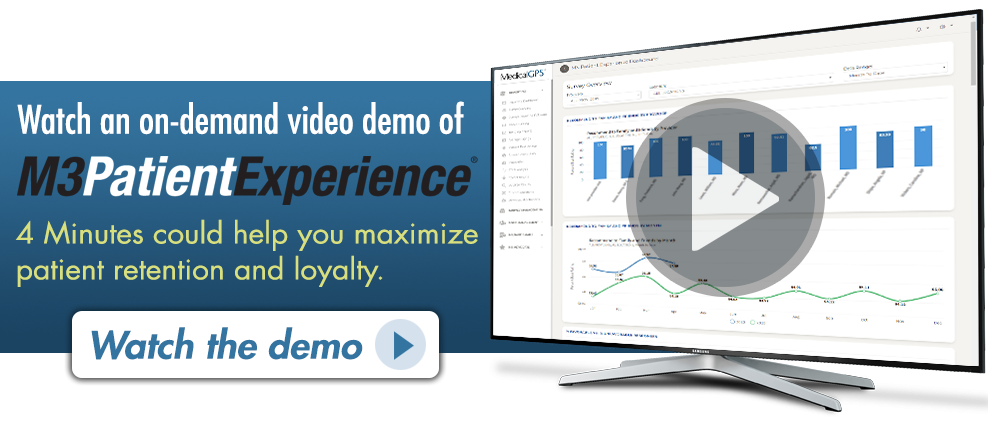 Bridging the Gap:
Bridging the Gap:
The first time I met with my son’s neurodevelopmental disabilities physician, I thought she was a bit rude. She would ask a question regarding my son and then incessantly type away at her computer as I answered, rarely making eye contact and only coming up for air to ask another question. After about a half-hour of this, she broke stride, turned to look at my husband and me square in the eyes, and politely asked, “Has anyone ever talked to you about Cerebral Palsy?” She proceeded to explain the diagnosis and how it applied to our son, what it meant for his future, and patiently answered all of our questions. She then returned to her busy typing while explaining an extensive and detailed treatment plan, involving various other appointments, medical equipment, and new medications. It was a lot to take in and a bit overwhelming. A few days later I discovered the reason behind all the typing when I called her office to gain some clarity on part of his treatment plan. The receptionist who answered the phone informed me I could set up an account through their online patient portal and retrieve all of the notes taken during his appointment, as well as contact his doctor, and review his medical records. What I came to find out is that everything my son’s doctor was typing during our appointment was right there for my review. Fast forward four years later, that patient portal to his electronic health records (EHRs) has served as a valuable resource to help my husband and I manage our son’s entire healthcare team, appointments, and records. It has become an equipping tool, enabling my husband and me to take ownership of our son’s healthcare plan, as well as bridging the gap between the exam room and his daily life.
 EHRs and Coordinated Healthcare:
EHRs and Coordinated Healthcare:
As I shared last week, my son has an extensive healthcare team spanning a variety of healthcare professionals and facilities. We have had a first-hand experience of how coordinated healthcare can tremendously benefit the patient. That coordinated care wouldn’t be possible without an effective EHR system in place. The University of Illinois Chicago cites Research and Markets’ definition of care coordination in their blog, “What is Care Coordination? Exploring a Dynamic Concept in Health IT.” The blog states, “Research and Markets defines care coordination as the process of delivering and interchanging patient data across ‘the care continuum via a centralized, yet interoperable IT platform that facilitates real-time communication between specific care team members.’” (1)
My husband and I rely on our son’s EHRs on a consistent, almost weekly basis. As you can imagine, there aren’t many areas of his daily life that aren’t impacted by his diagnosis. He’s in developmental therapies at a private clinic several days a week and thanks to an effective EHR system, his physicians and therapists can be on the same page. His school nurse can stay up-to-date regarding his medications. His teachers and aids know how to improve his daily educational experience through the information provided through his EHRs. We’re able to log his daily caloric intake through an EHR system. Even his dental care depends on the information stored in his EHRs. Every time my husband and I have to fill out a form or communicate details pertaining to his health, we rely on his EHRs. My son’s healthcare bleeds into almost every aspect of his life. Treating him holistically, through coordinated care, with the use of an effective EHR system is absolutely crucial to achieving his optimal health outcomes.
 Knowledge is Power:
Knowledge is Power:
According to Healthie’s business blog, “Research has shown that almost 75% of patients felt if they could access their health information online, they would have a better understanding of their health.” (2) Furthermore, Sara Heath writes about the importance of educating patients in an effort to cut down on hospital readmissions in her article, “Patient Engagement Strategies That Prevent Hospital Readmission.” Heath writes, “Patients who can take more ownership over their care and who have received adequate patient education about their post-discharge care plans are better equipped to avoid a hospital readmission.” (3) Not only do my husband and I use our son’s EHRs to implement his treatment plan, we also use them to research any unknown terminology and further our education on his diagnosis. We then can narrow down any questions we still have regarding his healthcare, and make more efficient use of our appointment time, when we’re face to face with his physicians.
 Costly Communication Errors:
Costly Communication Errors:
Imagine if I didn’t have access to my son’s EHRs that day following his appointment. I would have had to call the receptionist, leave a message with her to relay to the doctor in hopes that she relays it accurately. Then I would have had to wait for the doctor to receive the message and either call me back (highly unlikely), or rely on the receptionist to receive the doctor’s extensive instructions regarding my son’s treatment plan, and then accurately deliver that message back to me through a second party game of “Telephone.” You know the game, right? The one where someone starts with a message of something like “My favorite color is blue,” and by the time it’s passed down the line, from person to person, its final translation is something completely obscure like, “I ate a cheeseburger for breakfast.” Now imagine if I was trying to communicate with several different physicians from different healthcare facilities, attempting to get them on the same page regarding my son’s healthcare. It would be quite an impossible task, with an exponential margin for error. The previously referenced University of Illinois Chicago blog highlights the unreliability of this method of connecting patients to physicians by noting, “It was reported that 80% of clinical errors were a direct result of the inadequacy of ‘coordinated communication during care transition,’ according to the market report provider Research and Markets.” (1)
 The Value of EHRs:
The Value of EHRs:
I developed a grace and understanding for the seemingly rude behavior at that first appointment because I quickly learned the value of having access to my son’s EHRs at my fingertips. Side note: since that initial appointment, the healthcare facility has improved its strategy to implement EHRs, and my son’s physician is now accompanied by another healthcare professional whose sole job is to take notes during the appointment. The use of an effective EHR system tremendously improves the quality of healthcare my son receives, as well as enables my husband and me to take ownership in our son’s healthcare, and to reduce the risk of error. We’re able to bring the information discussed in the exam room, as well as his health records, into all aspects of his daily life – this is extremely significant to achieving our son’s optimal health outcomes!

Please let us know if you have comments or questions, and subscribe to our Email Updates so that you can be assured to receive Thinking Thursdays TIPs.
Thank you!
Jerry
Jerry L. Stone
Co-Founder/COO
MedicalGPS, LLC
Resources:

